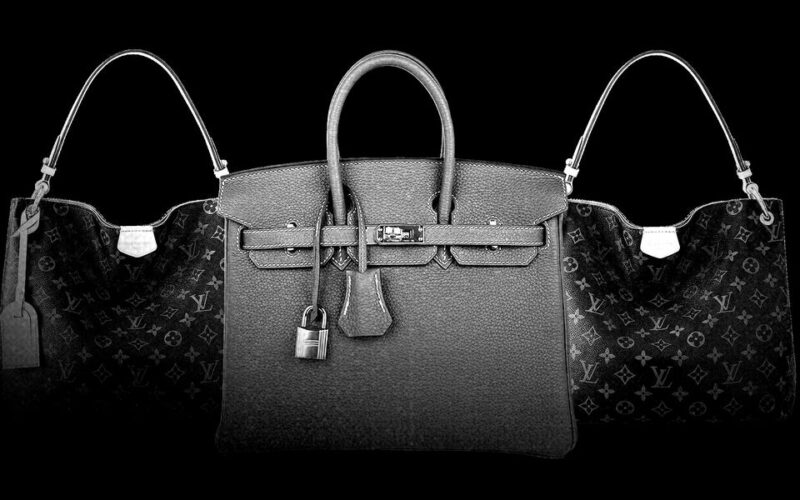- Demand for luxury goods in mainland China is falling.
- The country’s economy is slowing down, and some shoppers are rethinking their luxury purchases.
- But economic headwinds aren’t the only factor — changing consumer tastes and new shopping habits are also driving change.
China, with its sheer population size and once-meteoric economic growth, has been heralded as a reliable cash cow of luxury brands for decades.
This peaked in the wake of the COVID-19 pandemic as ultra-high-net-worth and aspirational consumers amassed excess cash to spend on luxury goods.
But the golden days of luxury shopping in China seem to be fading for many luxury brands — though there are exceptions.
An ongoing property crisis, geopolitical tensions, and high youth unemployment rates have weakened China’s economy and weighed on consumer confidence.
While the government is implementing stimulus packages to address the country’s faltering economy, it’s unclear whether these will give consumers the confidence to start spending again.
LVMH kicked off luxury earnings season this week, reporting a 16% decline in third-quarter sales in the Asia region, excluding Japan, compared to the third quarter of 2023.
In 2021, the Asia region, excluding Japan, was responsible for 35% of LVMH’s total revenue. Fast-forward three years, and this has dipped by 6%.
Its rival Kering, the parent company of Gucci and Balenciaga, is due to report Q3 results later this month. In July, it reported a “deceleration” in Asia-Pacific for the first half of the year.
Asia Pacific, excluding Japan, contributed 38% of its revenue in 2021. In the first half of 2024, this dropped to 32%.
It’s a similar story at other luxury brands. Hugo Boss, Burberry, Richemont, and Swatch all called out slumping sales in China last earnings season as consumers cut back.
But investors are now wondering if slowing demand is entirely due to weaker economic conditions or if there are other structural factors at play:
Source link
lol

